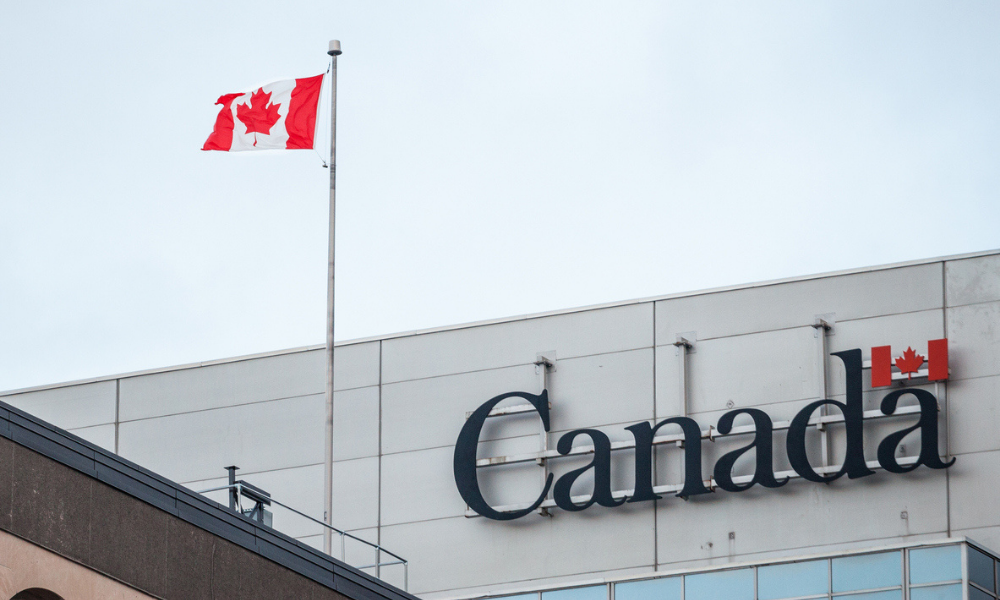It reached a 30-year high last month

A strong influx of immigrants this year will allow the Bank of Canada to raise interest rates at a more moderate pace than anticipated, according to the Canadian Imperial Bank of Commerce.
The federal statistics agency recently reported that immigration into Canada reached an unprecedented high of 401,000 in 2021, a record that is likely to be broken again this year - taking gradual border reopenings into account.
The likely boost to the job market “will work to provide the Bank of Canada with some flexibility in the pace of monetary tightening due to the taming impact of new immigrants on wage inflation,” said Benjamin Tal, deputy chief economist at CIBC.
The subsequent effect on wages will give the central bank “enough justification to hike more slowly than what’s priced in by the market,” Tal said. CIBC is predicting three hikes, with the first pegged to take place in April.
Read more: Rate hikes a near certainty amid current market realities – BMO
The latest polling of economists by Reuters found that a significant share are now expecting a hike on the BoC’s next policy meeting on Jan. 26 – a sharp departure from the predictions just a month ago, which had experts forecasting the first hike to take place in Q3.
Reuters attributed the shift to Canadian inflation, which reached a 30-year high in December. The Jan. 14-21 survey’s median projections said that the central bank would raise its key interest rate to 0.75% as early as next quarter and end 2021 at 1%, versus the year-end prediction of 0.75% in December.



